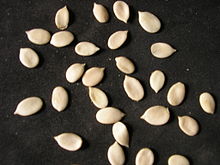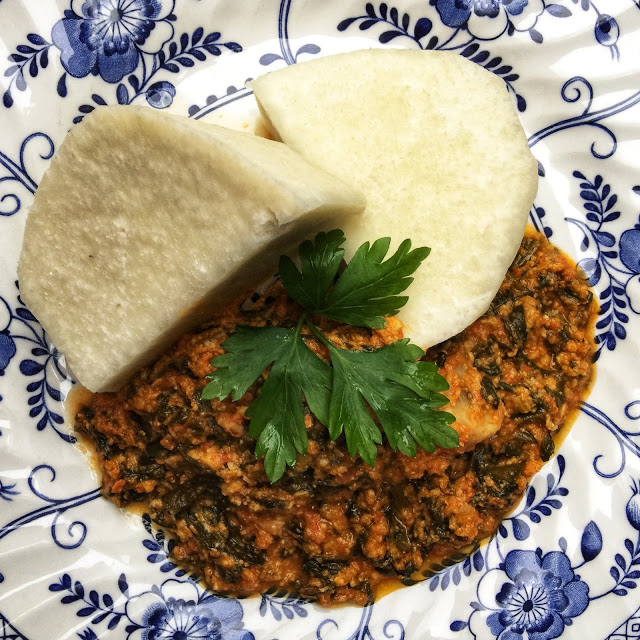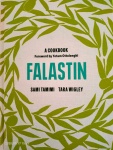
Here’s the thing, I promise never to post a blog on okra. Not because it is not a worthy and fine vegetable. And not because it does not deserve a post all to itself. Rather, there are only two ‘growing’ things, plant based ‘stuffs’ that I can’t tolerate and those are coriander and then okra. Coriander I have become sort of accustomed to if it is hidden in a sauce and is not highlighted, and I can’t see, taste or smell it. I blame my genes on my dislike in this case (who knew there was a gene for coriander aversion). But okra, well, that is another thing entirely, and not really directly connected to melons seeds, but here goes.
My first experience of okra was in my first meal on my first day in Nigeria in 1974. We had been in the country for seven eventful hours. At the airport in Kano we had been inducted into the tradition of ‘dashi’ (bribery) at customs in order to have our passports returned, had waited for our driver as the sun came up and heard the beautiful haunting call to prayers for the first time, had survived the burning explosion which became our car, had sat on the roadside for four hours in the hot sun, with no shade or water, in middle of absolutely nowhere while a car stopped to take photos but did not offer to help, where people arrived from a seemingly empty and arid landscape to watch these wilting ‘baturi’ (white people) sitting among their worldly belongings of two suitcases and a typewriter and wondering if we had really made the wise decision to come to Nigeria. But a car did return for us and we arrived at the modern university of Ahmadu Bello in the ancient city of Zaria, completely ready for some water and food.
The food was an okra stew and those of you who are familiar with okra know what happens when it is overcooked. Yes, we were late for lunch, and yes, the stew was overcooked and so yes, the okra was a slimy gelatinous blight of a puddle on a plate. Hunger has never looked so inviting.
But the point of this story is that one of my most favourite dishes in Nigeria was made from egusi seeds (melon seeds). Wikipedia tells us that species from which egusi is derived include Cucumeropsis mannii and Citrullus lanatus, basically squash, melon and some gourds. It is used to thicken stews, which generally, but not always, contains some sort of meat. But they do always contain lots of oil (generally Palm oil), seasonings of chilli, onion and locust bean (although I have never had this), green leaves of spinach or pumpkin and vegetables such as tomatoes and the dreaded okra. Tomi Makanjuola’s Vegan Nigerian gives a recipe for a vegan egusi soup (stew). Usually served with yam, mashed potatoes would work too.

But there are lots of other dishes that contain melon seeds. Tarla Dalal offers 22 recipes that use melon seeds that range from the simple Granola Bars, through soup, ice-cream, bread, gravy, halwa, to their use in more complex dishes such as Mughlai Tofu and Paneer Muttar.
Egusi seeds can be bought whole from AliBaba or ground from Amazon.
Recipe: Roasted Cantaloupe Seeds
Ingredients
- 1 cantaloupe
- 1 teaspoon olive oil
- ¼ teaspoon salt
Method
- In a small bowl, cut the cantaloupe in half and scoop out the seeds. Squeeze and pick out the cantaloupe seeds from the fruit flesh “netting”. Save the rest of the fruit for another recipe or just eat plain!
- In a small mesh colander, wash the seeds to remove any extra netting left behind. Return seeds to the small bowl.
- Preheat the oven to 425F. Add olive oil and salt and mix to combine. On a foil-lined baking tray, spread out the seeds in a single layer. Roast for 10 minutes (checking every 3-5 minutes) until they are golden brown. If your seeds pop like popcorn, avoid this by covering with another piece of aluminum foil.
from: The Watering Mouth
Enjoy.






















